Off the beaten path
Okawachiyama porcelain district, in Saga-prefecture
Imari is most notable because of Imari porcelain which has 400 years history.
The city borders Arita to the south and embraces the natural port of Imari Bay.
The porcelain was exported from the port of Imari specifically for the European
export trade. Originally, an owner of the Imari porcelain was Nabeshima clan,
in order to develop and protect its outstanding technique, he gathered skilled
artisans and painters in Okawachiyama district. Now. about 30 potteries are
manufacturing Imari porcelain.
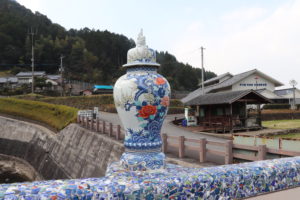 |
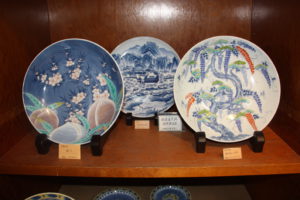 |
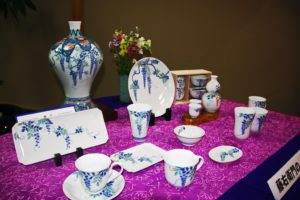 |
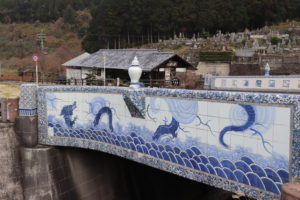 |
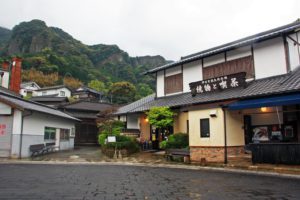 |
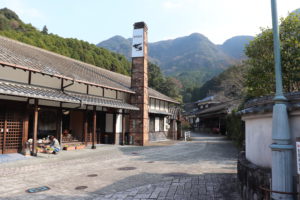 |
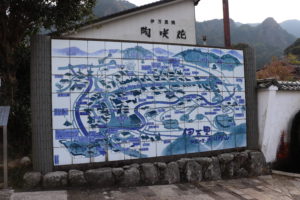 |
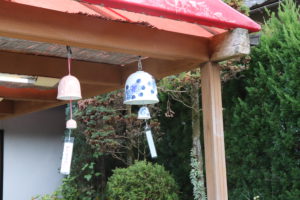 |
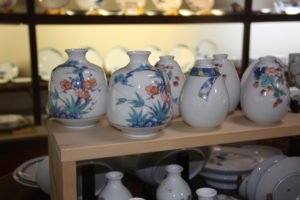 |
Sueyama Shrine, in Arita, Saga-prefecture
Sueyama Shrine is located in Arita Town, Nishimatsuura District. Feature of the Shrine
is Shrine gate made by porcelain, and usually the Shrine gate are made of stone or wood.
It is dedicated to Emperor Ōjin, Nabeshima Naoshige, and Yi Sam-pyeong. It was founded
in 1658. The Shire gate or Torii was built in 1888. It had been designated Tangible Cultural
Properties on April 28, 2000.
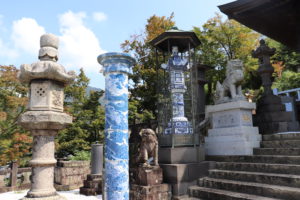 |
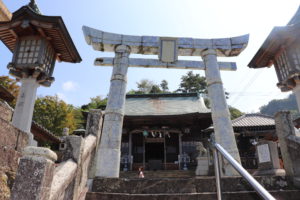 |
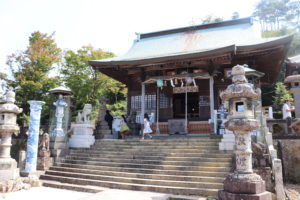 |
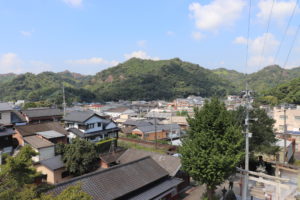 |
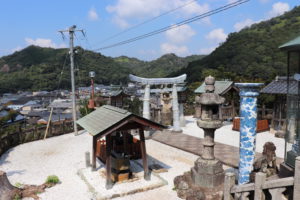 |
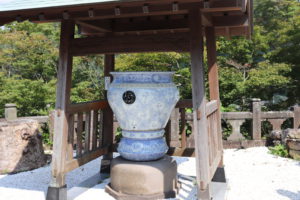 |
Karatsu Castle, in Saga-prefecture
Karatsu Castle is called Dancing Crane Castle. Karatsu Castle was built in 1608. This castle
is located facing the sea and is situated in the northern part of Karatsu-city.
It resembles the figure of a bird with its wings spread wide as there is a pine grove extending
left to right and because its donjon is thought to look like the head of a crane.
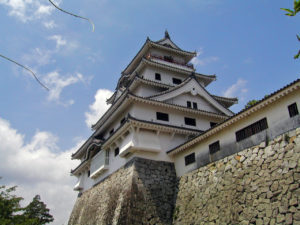 |
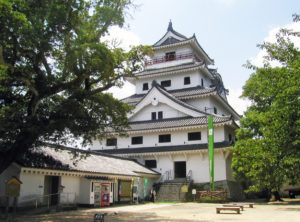 |
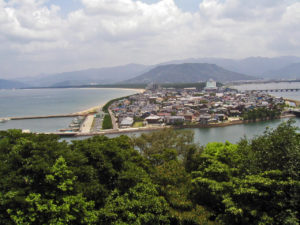 |
Kaichu torii, in Saga-prefecture
Kaichu Torii gates in the sea have become a popular photo spot when the tide is high.
The “Floating Torii Gate” of Ouo Shrine stands on the shallow area of the ocean in
Tara-cho, which has 6 meter tide difference. It changes its appearance every time
you look at it, and it is a famous tourist spot.
In August, Yukino Lantern Festival will be held, the view of 500 lanterns and torii on the
ocean is very romantic.
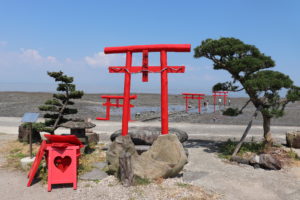 |
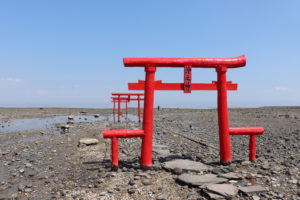 |
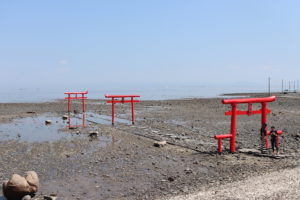 |
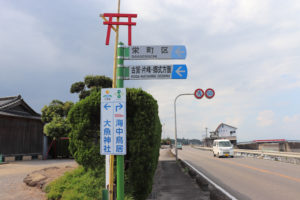 |
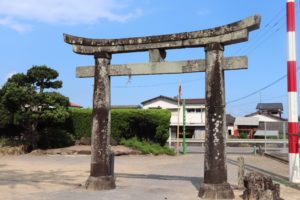 |
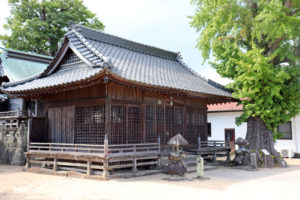 |
Kyushu Travel Guide Kyushu Photo Collection Off the beaten path What our Customers have to say
Home Our Services About us Contact us Terms and Conditions Privacy Policy Staff Blog
